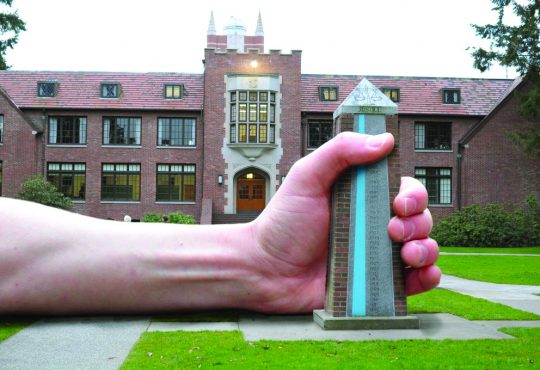According to a recent study by Comparative Legal Services, unreasonable behavior has outranked adultery as the most common reason cited as grounds for divorce in the United States.
By tracking and analyzing the reasons couples divorced since the 1970s, this study pointed towards a remarkable change in attitudes in American culture towards a possible greater acceptance for adultery in relationships. While some may consider this a sign that the family unit is all but dissolved, others, including a burgeoning group of family therapists, see adultery as an opportunity for a better relationship than ever before.
Extramarital sex has been a topic of condemnation and shame throughout much of Western culture, but Americans seem to have a greater distaste for the offense than others.
For example, in several Mediterranean cultures it has been commonly accepted for married couples to have extramarital relations over the course of their relationships, and often adultery is not considered illegal unless it is openly displayed or committed in the family home. Depending on which state you live in, sometimes adultery is considered a crime punishable by law in the United States. Some may attribute the zealous anti-adultery sentiment in the United States to a culture highly influenced by Christianity.
But what does this have to do with college students? After all, many of us are not married, may not be in monogamous relationships or want to get married or be monogamous in the first place due to a variety of reasons.
However, for those who do find themselves in relationships that contain elements of exclusivity, new developments in the world of family psychology may be showing that adultery can be a catalyst for positive and lasting change for the better in a relationship.
In a recent article on Slate magazine’s women’s blog DoubleX, several family psychologists were quoted saying that affairs can save a monogamous relationship or a marriage when confronted in the right way.
Often, if both parties in the relationship are willing, an affair can be seen as a wake-up call, a clear sign that something in the relationship has gone awry and that steps need to be taken to rectify the loss of trust and intimacy that often occurs with such a breach of trust.
While it is true that in some cases affairs can just make things worse, and in other cases things just revert back to normal, there are a select group of couples for whom the occurrence of an affair can be a transformative experience, illuminating what has gone wrong and what can be done to fix what was wrong before the affair that may have created the climate to cheat.
This new way of seeing adultery is groundbreaking in comparison with previous practices that have been more focused on assigning blame and coercing an apology from the offending spouse in that it sees affairs as a behavior borne from a climate within a relationship that may be more conducive to infidelity. By addressing the underlying issues that lead to this “climate of adultery” in the first place, couples may be more willing to move on from the offense to a more open and honest relationship in the future.
Of course, regardless of what family therapists say, ultimately the choice to forgive or break up is in the hands of those dating or married above anyone else. While couples may feel outside pressures to break up or salvage their relationship due to a variety of reasons, its important to remember that relationships as well as sexualities, genders, etcetera exist on a continuum and are fluid.
Perhaps monogamy is not the right choice for your particular relationship and an open relationship would be more fulfilling or maybe you and your partner simply need to talk it out. Whatever the outcome, a good rule of thumb for any relationship moving forward is that mutual respect and clearly defined boundaries can help make any relationship work out for the best.






